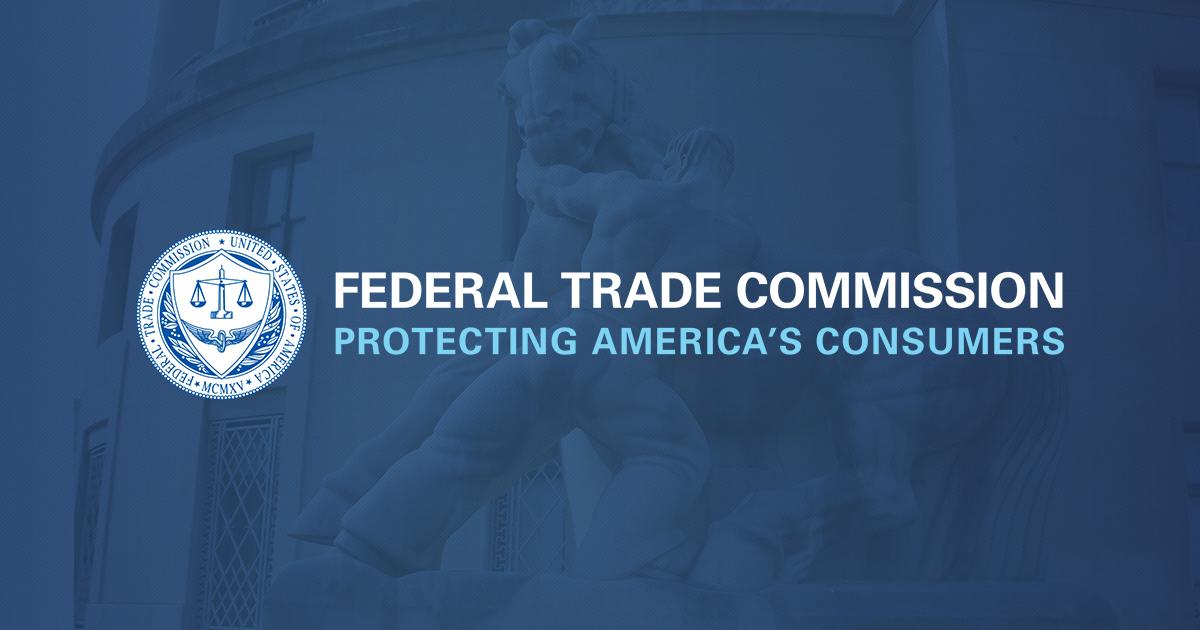In response to the Federal Trade Commission’s motion, a U.S. district court in California issued an order temporarily halting an alleged Internet marketing scam. The Commission alleges the defendants marketed supposedly “free trial” offers for personal care products and dietary supplements online, but then charged consumers the full price of the products and enrolled them in negative option continuity plans without their consent.
Apex Capital Group, LLC and the individual defendants also allegedly set up shell companies in the United States and the United Kingdom, which they then used as fronts to open merchant accounts. Those merchant accounts allegedly were used to process millions of dollars in consumer payments for the defendants’ products, allowing the defendants to avoid detection by the credit card networks and law enforcement for several years.
According to the FTC’s complaint, the operation, run by individual defendants Phillip Peikos and David Barnett, has conducted its online subscription scam since early 2014, marketing and selling more than 50 different products to consumers.
The defendants mainly offer supposed “free trials” of personal care products and dietary supplements that they claim will promote weight loss, hair growth, clear skin, muscle development, sexual performance, and cognitive abilities. The products are sold on websites with both U.S. and U.K. domain names, such as trybiogenic.com, tryneuroxr.com, virilitydirect.com, and bestcelex.co.uk.
The FTC alleges that the defendants represent that consumers only have to pay a $4.95 shipping and handling fee for a 30-day supply, but actually charge consumers the full price for the products—approximately $90. They also allegedly enroll consumers in unwanted negative option continuity plans without their knowledge or consent, and continue to charge them about $90 per month for a month’s supply of the product. The material terms of these offers, when present at all, are hidden in small, hard-to-read type, or on separate webpages accessible only via hyperlinks.
The FTC alleges that many consumers who attempt to complete the order process for the purported free trials are tricked into ordering additional products, and are enrolled in continuity plans for those products as well. Consumers who try to cancel the unwanted plans find it difficult to do so, and the defendants continue to charge some consumers even after supposedly cancelling their plans.
The FTC’s complaint alleges that to further this scheme, the defendants used dozens of shell companies and straw owners—sometimes referred to as nominees or signors—to obtain the merchant accounts needed to accept consumers’ credit and debit card payments. Processing charges through other companies’ merchant accounts is known as “credit card laundering,” which is an illegal practice that some unscrupulous merchants use to bypass credit card associations’ monitoring practices and avoid detection by law enforcement.
The defendants formed at least 32 limited liability companies in Wyoming between August 2013 and May 2016. These companies allegedly had no employees, did not conduct business, and were formed solely to obtain merchant accounts used to accept consumers’ credit and debit card payments. To secure these merchant accounts, the defendants used California residents as signors on merchant account applications submitted to banks and other financial institutions.
The defendants also formed at least 37 limited companies in the United Kingdom, including the corporate defendants named in the complaint. The FTC alleges that in many instances, the individuals named as directors of the U.K. companies actually are the same California residents used as signors on merchant account applications submitted in the U.S. The defendants used these U.K. companies to open additional merchant accounts at a Latvian bank as part of the scheme, according to the Commission.
Based on this conduct, the FTC’s complaint alleges that the defendants violated Section 5 of the FTC Act, as well as the Restore Online Shoppers’ Confidence Act (ROSCA) and the Electronic Fund Transfer Act (EFTA). The complaint also alleges that the defendants engaged in unfair practices, in violation of the FTC Act, through their credit card laundering activities and unauthorized charges.
The Commission vote authorizing the staff to file the complaint was 5-0. The complaint was filed in the U.S. District Court for the Central District of California under seal, and the seal has now been lifted and the TRO granted. A complete list of the defendants can be found in the complaint on the FTC’s website.
NOTE: The Commission files a complaint when it has “reason to believe” that the law has been or is being violated and it appears to the Commission that a proceeding is in the public interest. The case will be decided by the court.
The Federal Trade Commission works to promote competition, and protect and educate consumers. You can learn more about consumer topics and file a consumer complaint online or by calling 1-877-FTC-HELP (382-4357). Like the FTC on Facebook, follow us on Twitter, read our blogs, and subscribe to press releases for the latest FTC news and resources.

